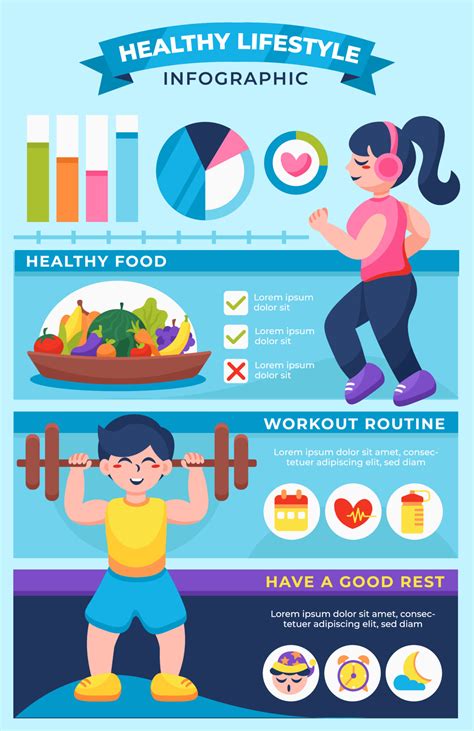Optimize male hormone health: What diet and lifestyle choices truly matter?

In an age where men are increasingly conscious of their health and longevity, understanding the intricate world of male hormones is paramount. Beyond just muscle mass and libido, hormones like testosterone influence mood, energy levels, bone density, and overall metabolic health. While genetics play a role, a significant portion of male hormone health is within our control through thoughtful diet and lifestyle choices. But with so much conflicting information, what truly matters?
The Foundation: Understanding Male Hormones
Testosterone, the primary male sex hormone, is often at the forefront of discussions about male health. Produced predominantly in the testicles, it’s critical for the development of male reproductive tissues, as well as secondary sexual characteristics. Beyond these obvious roles, testosterone is a key player in red blood cell production, fat distribution, bone density, muscle strength and mass, and even mood and energy levels. Imbalances, particularly low testosterone (hypogonadism), can lead to a host of issues, from fatigue and decreased libido to depression and increased body fat.

Dietary Pillars for Optimal Hormone Health
What you put on your plate directly impacts your body’s ability to produce and regulate hormones. Focusing on whole, nutrient-dense foods is non-negotiable.
1. Prioritize Healthy Fats
Cholesterol, often demonized, is a precursor to testosterone and other steroid hormones. Healthy fats are essential. Incorporate sources like avocados, nuts, seeds, olive oil, and fatty fish (salmon, mackerel) rich in omega-3 fatty acids. These fats support hormone production and reduce inflammation.
2. Embrace Quality Protein
Protein provides the amino acids necessary for hormone synthesis and muscle repair. Aim for lean protein sources such as grass-fed beef, poultry, eggs, fish, and plant-based options like lentils and beans. Adequate protein intake also helps maintain a healthy body composition, which is beneficial for hormone balance.
3. Don’t Fear Complex Carbohydrates
While low-carb diets have their place, overly restricting carbohydrates can elevate cortisol (a stress hormone) and negatively impact testosterone levels, especially in active men. Opt for complex carbohydrates like whole grains (oats, quinoa, brown rice), sweet potatoes, and plenty of fruits and vegetables. These provide sustained energy and vital nutrients.
![Balanced Scorecard [Free download]](/images/aHR0cHM6Ly90czMubW0uYmluZy5uZXQvdGg/aWQ9T0lQLjlUalNxT0lsajNycExWeUozM3lLLXdIYUQxJnBpZD0xNS4x.webp)
4. Essential Micronutrients
- Zinc: Crucial for testosterone production. Found in oysters, red meat, pumpkin seeds, and nuts.
- Magnesium: Involved in over 300 enzymatic reactions, including those affecting testosterone. Found in leafy greens, nuts, seeds, and dark chocolate.
- Vitamin D: More accurately a hormone, Vitamin D plays a vital role in testosterone regulation. Get it from sun exposure, fatty fish, and fortified foods.
- B Vitamins: Support energy metabolism and stress response.
- Antioxidants: Found in colorful fruits and vegetables, they combat oxidative stress which can harm hormone-producing cells.
5. Foods to Limit or Avoid
Minimize processed foods, excessive sugars, refined carbohydrates, and trans fats. These can lead to inflammation, insulin resistance, and increased body fat, all detrimental to hormone health. Excessive alcohol consumption can also impair testosterone production and liver function.
Lifestyle Choices That Make a Profound Difference
Beyond the plate, daily habits profoundly influence your hormonal landscape.
1. Exercise Smart and Consistently
Not all exercise is created equal for hormone optimization. Strength training (lifting weights) and high-intensity interval training (HIIT) have been shown to boost testosterone and growth hormone. Aim for a mix of these, alongside regular cardiovascular exercise for overall health. Avoid chronic, excessive endurance training without adequate recovery, as this can elevate cortisol and suppress testosterone.

2. Prioritize Quality Sleep
Sleep is when your body repairs, regenerates, and produces many vital hormones. Chronic sleep deprivation significantly reduces testosterone levels and increases cortisol. Aim for 7-9 hours of quality, uninterrupted sleep per night. Establish a consistent sleep schedule, optimize your bedroom environment, and limit screen time before bed.
3. Master Stress Management
In today’s fast-paced world, chronic stress is a silent killer of hormone health. Persistent elevation of cortisol directly suppresses testosterone production. Incorporate stress-reducing practices into your daily routine: meditation, yoga, deep breathing exercises, spending time in nature, or engaging in hobbies you enjoy. Learning to manage stress is crucial for maintaining hormonal balance.

4. Minimize Exposure to Endocrine Disruptors
Our environment is rife with chemicals that can mimic or interfere with hormones. Bisphenol A (BPA) and phthalates, found in plastics, food packaging, and personal care products, are common endocrine disruptors. Opt for glass or stainless steel containers, choose organic produce when possible, and read labels on household and personal care products to minimize exposure.
5. Maintain a Healthy Body Weight
Excess body fat, particularly around the abdomen, can lead to increased estrogen conversion from testosterone through an enzyme called aromatase. This further diminishes free testosterone. Maintaining a healthy body fat percentage through diet and exercise is fundamental for robust male hormone health.

The Path Forward: A Holistic Approach
Optimizing male hormone health isn’t about quick fixes or isolated supplements; it’s about adopting a holistic and sustainable approach. By making conscious choices about your diet, prioritizing adequate sleep, managing stress effectively, engaging in smart exercise, and minimizing environmental toxins, you can significantly influence your hormonal balance. This, in turn, contributes to improved energy, mood, vitality, and overall quality of life. Consistency is key, and if you suspect a hormonal imbalance, consulting with a healthcare professional is always recommended to receive personalized advice and guidance.









